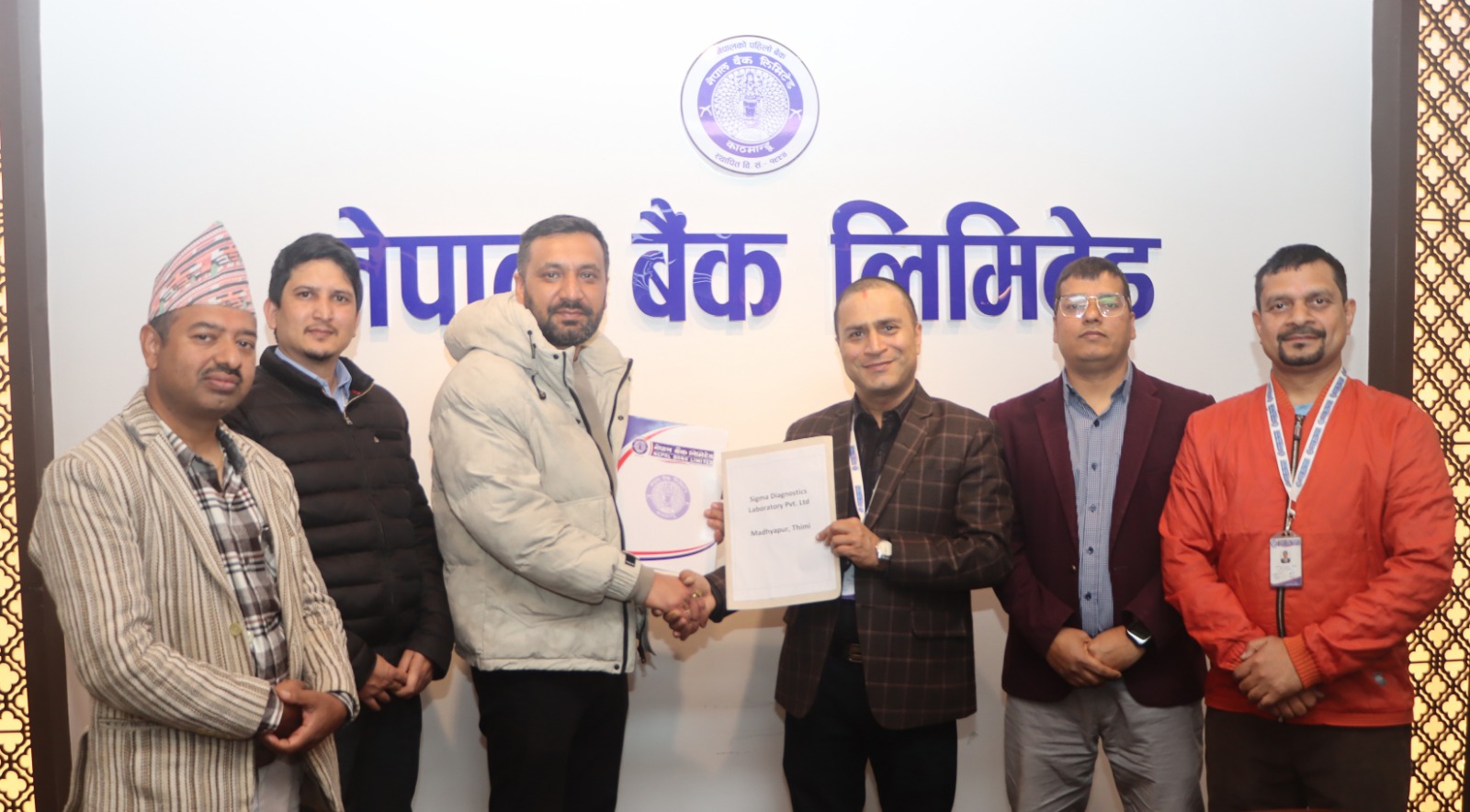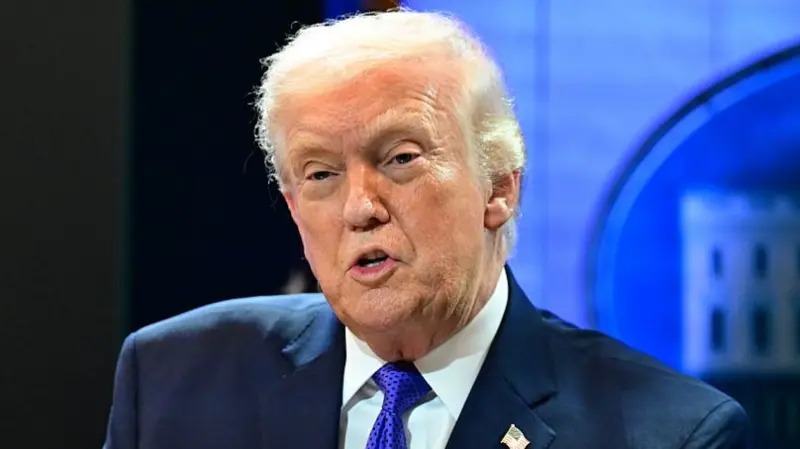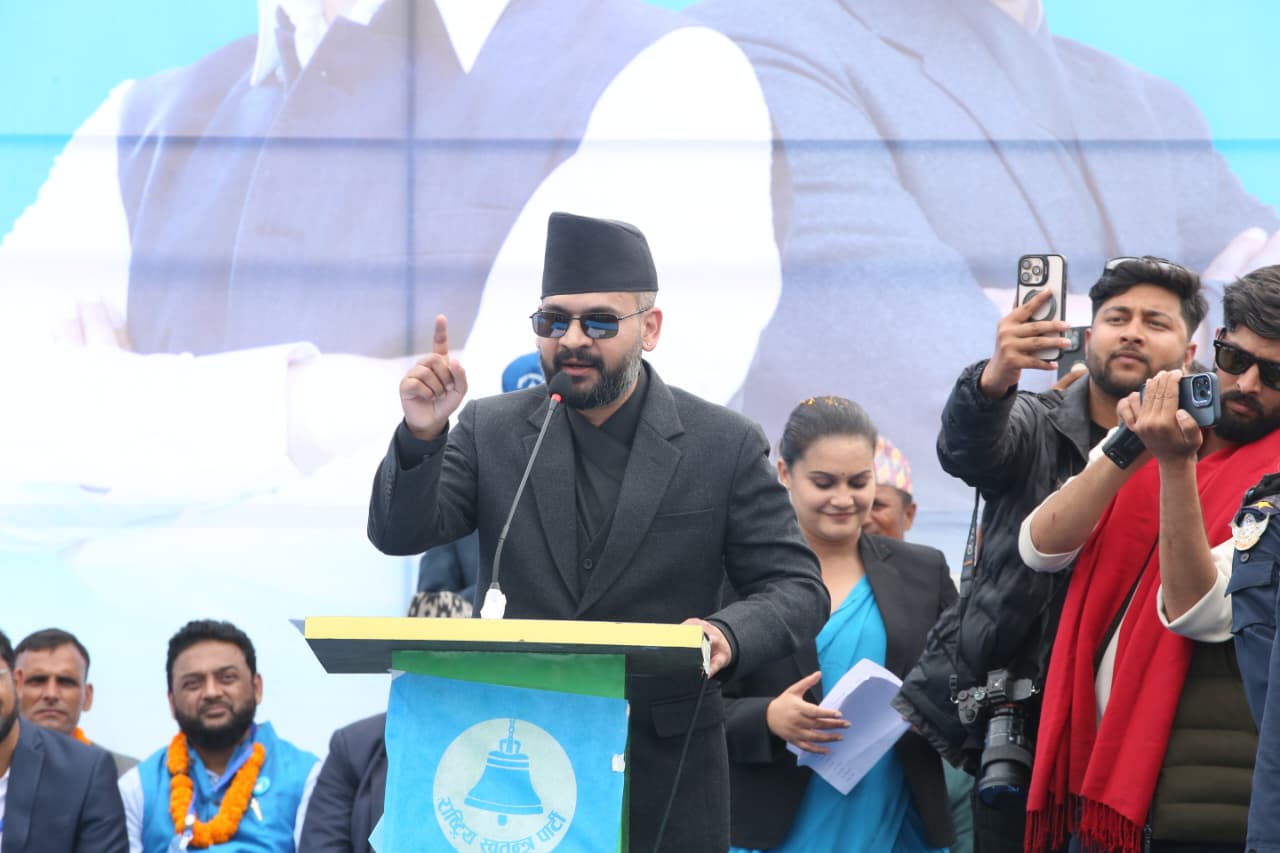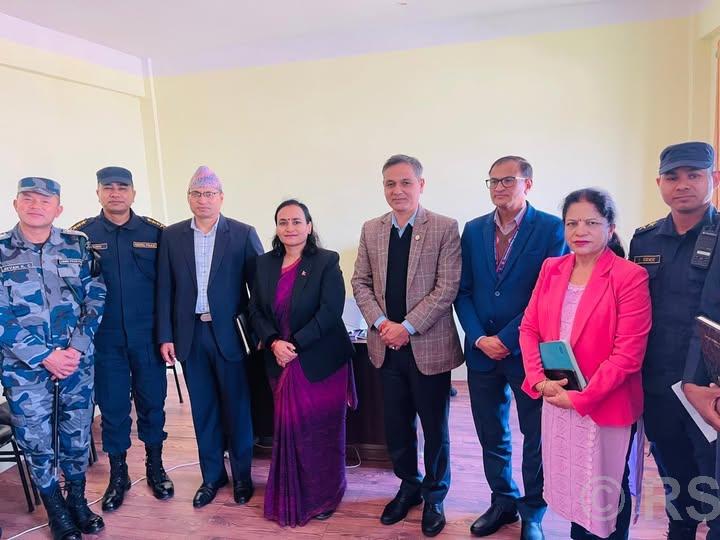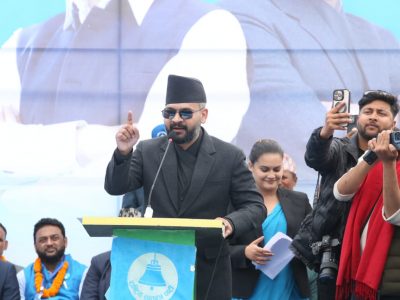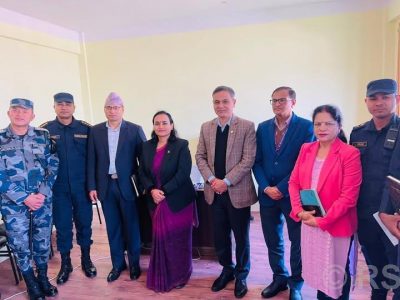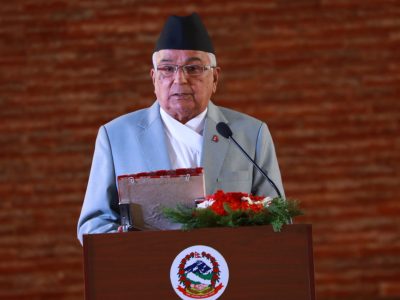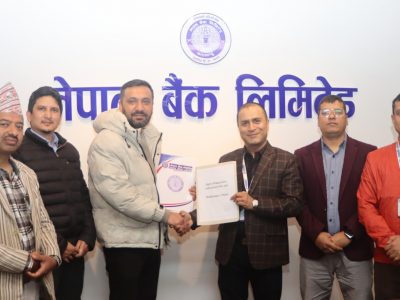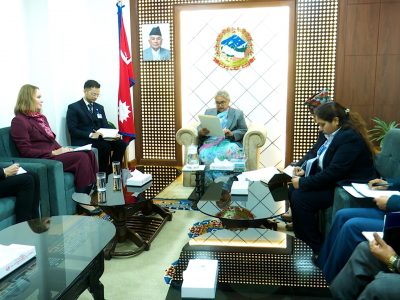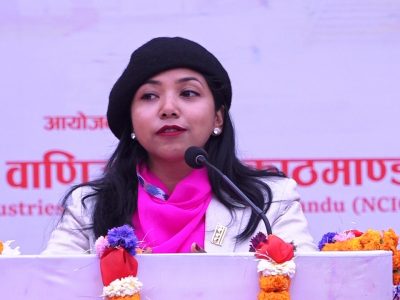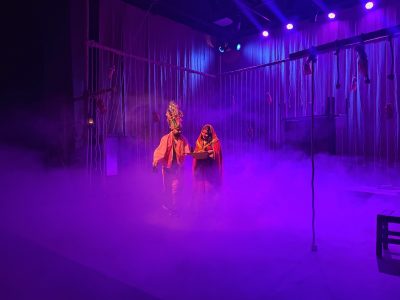Embracing Unity in Diversity: Fostering Understanding and Progress

At the most fundamental level, we are all remarkably similar. Science tells us that 99.5% of our genetic makeup is shared among all humans, regardless of where we come from, our race, or our backgrounds. This shared biological blueprint is a powerful reminder of our inherent connection and likeness as a species. Beneath the surface, we all experience the same emotions, desires for love, safety, belonging, and a common need for purpose and meaning in life. This deep-rooted similarity binds us as one human family and serves as a foundation for unity and mutual understanding.
However, a small but significant difference lies within this vast ocean of commonality. That 0.5% of our genetic code makes each of us unique. It defines our individuality and gives rise to the diverse range of personalities, talents, cultures, and perspectives we see worldwide. While small in proportion, this tiny variation shapes who we are as individuals. Each person can contribute something new and valuable to the collective human experience through this uniqueness.
In a world where divisions often seem to dominate the conversation, we must focus on fostering our similarities—the shared human qualities that transcend race, gender, nationality, and other superficial differences. These common threads unite us, and by embracing them, we can build stronger, more compassionate communities that resist the forces of division. When we recognize the humanity in one another, we break down the often artificially constructed barriers, creating space for empathy, cooperation, and solidarity. This recognition of our shared humanity fosters a sense of connection and empathy among us.
At the same time, it is equally important to celebrate and cherish that 0.5% that makes each of us distinct. This individuality is not something to fear or suppress; rather, it should be seen as a source of strength and enrichment. Our differences bring fresh perspectives, creativity, and new solutions to our challenges when nurtured. The diversity of thought, culture, and experience not only drives innovation but also paves the way for progress. This unique contribution from each individual lights the way forward for humanity, inspiring us with the hope of a brighter future.
We can create a more inclusive, enlightened world by balancing our shared humanity with respect for our differences. This world values unity and diversity—where our similarities provide a foundation for solidarity, and our differences are embraced as opportunities for growth and understanding. In doing so, we pave the way for a future where humanity moves forward together, drawing strength from our common bonds and inspiration from the uniqueness that each of us brings to the table.
1. Acknowledge Shared Humanity
The first and most essential step towards fostering a peaceful and harmonious world is recognizing that, despite our external differences, we are all fundamentally alike. Humans share 99.5% of the same genetic makeup from a biological perspective. This similarity far outweighs the superficial variations in skin color, nationality, ethnicity, or religion that often become points of division. Recognizing this commonality is crucial because it highlights the shared humanity that binds us.
Understanding that we are nearly identical genetically creates a robust foundation for empathy. Empathy is the ability to understand and share the feelings of others, and it becomes easier when we recognize that the person standing in front of us is not so different from ourselves. They, too, experience joy, sorrow, fear, love, and hope—just as we do. This realization fosters a sense of connection and makes putting ourselves in others’ shoes easier, reducing tendencies toward prejudice, discrimination, or hostility.
In addition to empathy, this shared genetic makeup encourages kindness and compassion. When we recognize that our differences are only a fraction of who we are, it becomes natural to extend kindness to others. We begin to see others not as strangers or outsiders but as fellow human beings who deserve respect and dignity. Compassion flows from this understanding because we see the struggles, pain, and needs of others as akin to our own.
This shared human experience can transcend barriers that have historically divided societies. When we emphasize what unites us at the core rather than what separates us, we create a basis for building stronger communities grounded in mutual care and support. This can reduce conflict, encourage collaboration, and foster a sense of global unity. By focusing on this foundational similarity, we lay the groundwork for more inclusive and compassionate societies where the well-being of every individual matters.
Ultimately, recognizing our shared genetic heritage is more than a scientific fact; it is a moral insight that can reshape how we treat one another. It shifts the focus from the minor differences that too often divide us to the vast common ground that should unite us. This is the first step toward creating a world where empathy, kindness, and compassion are the guiding principles of human interaction.
By focusing on shared experiences that transcend our differences, such as the universal human needs for love, security, respect, and purpose, we can begin to build meaningful connections that bridge divides between individuals and communities. These core needs are not limited by geography, culture, race, or religion—they are inherent in all of us. Recognizing this fundamental aspect of our humanity allows us to see others in a more compassionate light, fostering a sense of solidarity and mutual respect.
Love, for instance, is a deeply rooted human need. Whether it is the love of family, friends, or community, we all seek connection and belonging. When we focus on this shared desire for love, we begin to understand that we all long for meaningful relationships regardless of our backgrounds. This awareness can dissolve the boundaries that separate us as we realize that our emotional experiences are more similar than different.
Similarly, the need for security is universal. We all desire safety—both physically and emotionally. Recognizing that others share this need can make us more empathetic toward their struggles and fears. Whether seeking refuge from conflict, economic stability, or a peaceful environment, everyone strives for a sense of security. By acknowledging this, we can work together to create safe and supportive environments for all.
Respect and purpose also form essential parts of the human experience. Every person, regardless of background, craves respect—both self-respect and respect from others. We want our voices to be heard, our contributions to be valued, and our dignity to be honored. Focusing on this shared need allows us to foster a culture of respect, where differences are appreciated, and every individual feels seen and recognized.
The quest for purpose, too, is a shared journey. We all seek meaning in our lives, whether through work, family, creativity, or contributing to society. By recognizing that each of us is striving for purpose, we can foster a sense of mutual support. This understanding enables us to help one another find meaning and fulfillment in life, further bridging gaps between individuals and communities.
When we focus on these shared human experiences, we create an environment of mutual understanding that encourages cooperation. This shared understanding makes it easier to resolve conflicts as we see one another not as adversaries but as fellow human beings navigating similar challenges. By embracing our commonalities, we create pathways for dialogue and collaboration, where solutions are sought for the benefit of all.
This focus on shared experiences helps us build stronger, more inclusive societies by reducing conflict and fostering cooperation. It allows us to move beyond surface-level differences and connect deeper, where empathy, compassion, and mutual respect are the foundation of our interactions. This shift in perspective strengthens communities and promotes a more peaceful and harmonious world.
2. Cultivate Open-Mindedness
Embracing the 0.5% that makes us unique requires cultivating an open and inclusive mindset. It involves recognizing that our differences in culture, religion, and perspective are not obstacles but opportunities for growth and understanding. To truly value diversity, we must approach others with curiosity rather than judgment, seeing differences as a chance to learn rather than something to fear or dismiss.
When we encounter viewpoints, lifestyles, or unfamiliar beliefs, our instinct may be to retreat into what we know or evaluate those differences through our own experiences and biases. However, a more constructive approach is to cultivate curiosity—asking questions, seeking to understand, and being genuinely open to the richness of other cultures and perspectives. This mindset allows us to expand our worldview and gain insights we might not have considered.
Being open to differences also means recognizing that everyone’s experiences are shaped by their unique background. Cultural practices, religious beliefs, and individual perspectives are deeply personal, often rooted in histories and traditions that carry meaning for those who practice them. By showing respect and an eagerness to learn, we honor the uniqueness of others and enrich our lives with new ideas and ways of thinking.
In encouraging curiosity over judgment, we create a space where people feel safe to express their true selves, knowing that their differences will be met with respect rather than rejection. This approach fosters inclusion and builds relationships based on mutual understanding. It also reduces the fear of the unknown, which can often lead to conflict or prejudice, and replaces it with a desire to connect and learn from one another.
Embracing the 0.5% that makes us unique enriches our collective experience. It brings together a wealth of perspectives, traditions, and knowledge that, when shared, can contribute to a more vibrant and innovative society. This openness allows individuals to retain their sense of identity and strengthens the broader community by weaving together a diverse tapestry of human experience.
Listening without prejudice and seeking to truly understand others is a powerful practice that can transform individuals and societies. When we set aside our preconceived notions and approach conversations with an open heart and mind, we create opportunities for personal growth and collective harmony. This approach fosters empathy, broadens our perspectives, and enables us to connect with people across cultural, ideological, and personal divides.
At the individual level, listening without prejudice requires humility—the willingness to acknowledge that our experiences, beliefs, and assumptions may not be universal truths. It means accepting that we don’t have all the answers and that there is much to learn from others. When we approach conversations with curiosity rather than judgment, we open ourselves to new ideas, experiences, and worldviews. This open-mindedness can lead to personal growth as we develop a deeper understanding of the complexities of human life and the richness of diverse experiences.
On a broader scale, listening without bias helps foster collective harmony. When people feel heard and understood, they are more likely to engage in constructive dialogue rather than conflict. This mutual understanding helps break down stereotypes, reduces prejudice, and creates a foundation for peaceful interactions. Openness becomes essential for promoting tolerance and inclusion in diverse communities, where people of different backgrounds and beliefs must coexist.
Furthermore, open-minded listening can dissolve the barriers that often lead to misunderstandings and divisions. By focusing on understanding rather than arguing or convincing, we create spaces for dialogue that emphasize respect and appreciation for diverse perspectives. This builds trust and encourages collaboration, allowing individuals and communities to work together toward common goals, even when disagreeing on specific issues.
Open-mindedness fosters tolerance and social cohesion by promoting social cohesion. It helps create an environment where differences are not just tolerated but celebrated as essential aspects of a healthy, thriving society. This encourages peaceful interactions, reduces conflicts, and strengthens the bonds within communities as people learn to appreciate their shared humanity and the unique contributions each person brings to the table.
We contribute to a more peaceful, inclusive, and harmonious world by listening without prejudice and seeking to understand others. This practice enhances our personal growth and nurtures the conditions for collective well-being, where diverse voices are valued, and all individuals feel respected and understood.
3. Celebrate Diversity as Strength
Diversity is not a weakness but a profound strength that enhances and enriches societies and communities. When we celebrate differences in culture, language, ideas, and talents, we foster an environment where every individual feels valued and respected for who they are. Rather than seeing diversity as something that divides us, we should recognize it as a source of creativity, innovation, and resilience.
Each culture brings unique traditions, values, and ways of seeing the world. By embracing cultural diversity, we expand our collective knowledge and deepen our understanding of human experience. This broadens our horizons and helps us appreciate the rich tapestry of global traditions that have shaped societies throughout history. In doing so, we strengthen our connections with others, build empathy, and promote mutual respect.
Language is another key element of diversity that, when celebrated, can bring communities closer together. Each language carries with it words, a way of thinking, a history, and a culture. By valuing linguistic diversity, we honor the richness of communication and how people express themselves. Multilingualism allows societies to connect with a broader range of people, facilitating global exchange and cooperation.
Diversity in ideas is crucial for innovation and problem-solving. When people from different backgrounds come together, they bring unique perspectives and ways of thinking. This variety of viewpoints fuels creativity and generates new ideas that might not have emerged in a more homogenous group. Encouraging diverse opinions fosters an environment where innovation thrives, and challenges are approached from multiple angles, leading to more effective solutions.
The celebration of diverse talents also strengthens communities. Each individual possesses skills and abilities that can contribute to the betterment of society. Recognizing and nurturing these unique talents creates opportunities for everyone to succeed and contribute meaningfully. This inclusiveness benefits the individual and enriches the entire community by harnessing the full spectrum of human potential.
Creating an environment where diversity is celebrated ensures that everyone feels valued for who they are, not despite their differences but because of them. This sense of belonging and recognition promotes social cohesion, as people are more likely to contribute positively when they feel respected and appreciated. It also cultivates a culture of inclusivity, where every individual has the opportunity to thrive.
Diversity enhances our collective strength, making societies more dynamic, adaptable, and forward-thinking. By embracing and celebrating our differences, we create a more just, compassionate, and vibrant world where everyone is seen, heard, and valued for their unique contributions to the shared human experience.
Events that promote cultural exchange can be powerful tools for celebrating diversity and fostering mutual understanding. Festivals, forums, and international collaborations allow people from different backgrounds to share their traditions, art, and perspectives. This highlights the beauty of each culture and helps bridge gaps between communities. By experiencing and appreciating diverse ways of life, individuals can gain a more profound respect for their heritage and others, ultimately contributing to a more inclusive and empathetic world.
4. Encourage Inclusive Dialogue
Open and inclusive dialogue is crucial for bridging differences. Creating safe spaces where people from various backgrounds can discuss their experiences, challenges, and perspectives leads to better understanding and mutual respect.
Dialogue helps resolve misunderstandings and misconceptions, allowing communities to address conflicts peacefully. This promotes unity by focusing on common goals while respecting diverse perspectives.
5. Promote Education and Awareness
Education is key in fostering respect for diversity and appreciation of shared humanity. Schools, communities, and media should promote awareness of different cultures, histories, and worldviews.
Teaching empathy, cross-cultural understanding, and conflict resolution from a young age equips future generations with the skills to navigate a diverse world peacefully.
6. Encourage Collaboration Across Differences
When we work together across lines of difference, we learn to value each other’s strengths. Collaboration in solving common challenges, whether in business, social justice, or environmental protection, unites people with different skills and perspectives.
By collaborating, we realize that our unique identities complement one another, contributing to more innovative and effective solutions.
7. Embrace Shared Goals for Humanity
Despite our differences, we all aspire to similar goals—peace, well-being, sustainability, and fairness. We can unite to tackle global challenges such as climate change, poverty, and inequality by focusing on these universal aspirations.
When we align our differences to pursue shared goals, we create a world where every person’s uniqueness contributes to a common, positive future.
8. Support Policies that Promote Equality and Justice
Governments, institutions, and communities must develop policies that recognize the equality of all people and the need to protect individual identities. This includes promoting human rights, equality of opportunity, and fair representation.
Addressing inequalities and ensuring that everyone has a voice reduces sources of conflict and creates a more just, peaceful society.
9. Foster Emotional Intelligence and Self-Awareness
Developing emotional intelligence helps individuals understand their emotions and how they relate to others. By becoming more self-aware, we can better manage our reactions to people’s differences and approach others empathetically.
Practicing mindfulness and self-reflection allows individuals to appreciate their uniqueness while respecting others, fostering personal happiness and peaceful relations.
10. Promote Compassion and Kindness
Finally, embracing compassion and kindness in daily interactions makes a tangible difference. When we approach others with kindness, regardless of their background or identity, we create an atmosphere of trust and goodwill.
Small acts of kindness can have a ripple effect, encouraging others to act with similar generosity and thereby contributing to a more peaceful and harmonious world.
Conclusion
Embracing unity in diversity is essential for fostering understanding and progress. By acknowledging our shared humanity, we recognize that we all seek connection and growth despite our differences. Cultivating open-mindedness allows us to appreciate and learn from diverse perspectives, enriching our experiences and broadening our horizons. Celebrating and integrating the unique contributions of various cultures enhances our collective knowledge and strengthens societal bonds. This inclusive approach builds a more compassionate and collaborative world where diversity is valued, and unity is celebrated, paving the way for greater harmony and advancement. Following these steps, we can foster a world where similarities unite, and differences are celebrated as part of humanity’s rich diversity. This balance is key to building peace, happiness, and global well-being.
Facebook Comment
latest Video
Trending News
- This Week
- This Month


